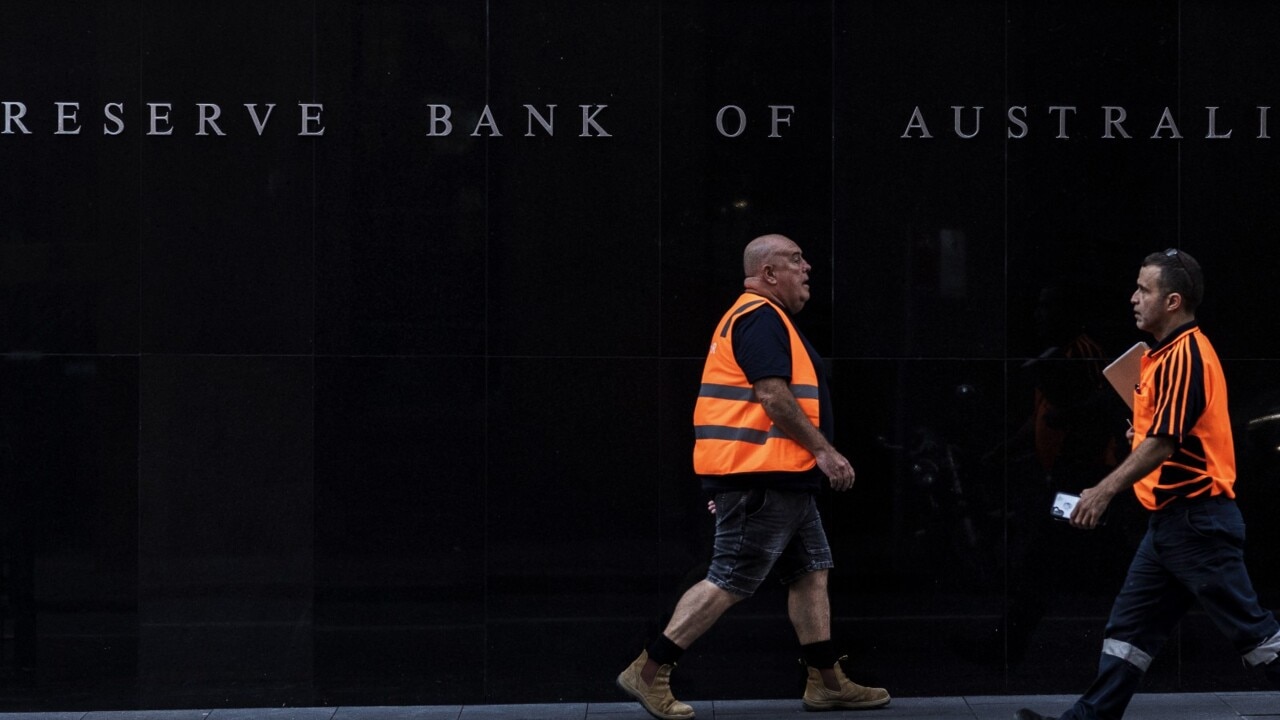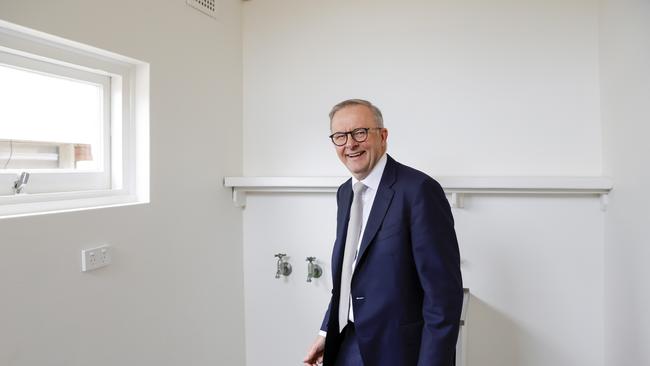
The “shared equity scheme” plan announced during the election campaign was nowhere to be seen in the budget last week.
And while Budget 2023 offered a big rent assistance package, initiatives for the wider provision of housing have gone quiet. Even the governments’ signature $10bn Housing Future fund remains stuck in a standoff with the Greens.
Against a backdrop of house prices moving higher again, a major new report on housing from the $2bn Pexa Group has singled out shared equity as one of the best policies for improving home affordability.
Under the original ALP shared equity plan, eligible home buyers were to invest side-by-side with the government.
Under the scheme, the government would co-purchase up to 40 per cent of a new home and up to 30 per cent of an existing home, while the ultimate proceeds of any sale would be split later in the scheme.
But the so-called “Help to Buy” scheme appears to be collecting dust while a vacuum opens up in housing policy.
There are ructions inside the ALP as the Socialist Left faction leads a push for “meaningful tax reform” on housing at the forthcoming ALP conference.
Negative gearing and build-to-rent
Prime Minister Anthony Albanese on Tuesday rejected any notion that negative gearing may be curbed or adjusted before the next election.
However, housing-linked tax breaks, including capital gains tax reform, could be pushed back on the government agenda in the months ahead.
Into this political cauldron, the white paper from property settlements group Pexa (released in conjunction with the LongView group) may well get more attention than is typically the case.

The report is in favour of shared equity schemes, where either government or commercial partners bankroll homeownership in exchange for sustainable returns.
Similarly, the report is also strongly in favour of institutional ownership of residential real estate in which large funds, including super funds, could offer longer-term strategies in housing.
Ironically, the only new housing initiative in the budget – a tax break for the nascent built-to-Rent sector – gets a cool response, with the paper suggesting it “does not demonstrate improved affordability”.
Evan Thornley, the executive chair of the LongView group which has interests in the property market, says there are good and bad versions of commercial partnerships in housing
“We have an opportunity here. Our market offers strong capital gains and will continue to do so,” he says.
Will it push up property prices?
The report says Australia’s $10 trillion residential property market has now become so expensive as to be beyond government power to fix. Instead, the paper calls for a fresh approach that encourages private capital into the market in a way that does not require major tax changes apart from some land tax amendments among the states.
Both shared equity housing models and institutional ownership of residential real estate have a mixed record.
In the UK, a government-backed shared equity scheme which ran for more than a decade ultimately received a thumbs down in a House of Lords report which suggested the scheme pushed up prices in the UK market.
The institutional ownership of private housing in the US has also seen a spectrum of outcomes, including the giant Blackstone group being berated by the United Nations.
At one point the UN’s housing adviser, Leilani Farha, accused private equity firms and one of the world’s largest corporate residential landlords, Blackstone Group, of exploiting tenants, “wreaking havoc” in communities and helping to fuel a global housing crisis.






Where is the Albanese government’s pre-election promised housing solution?